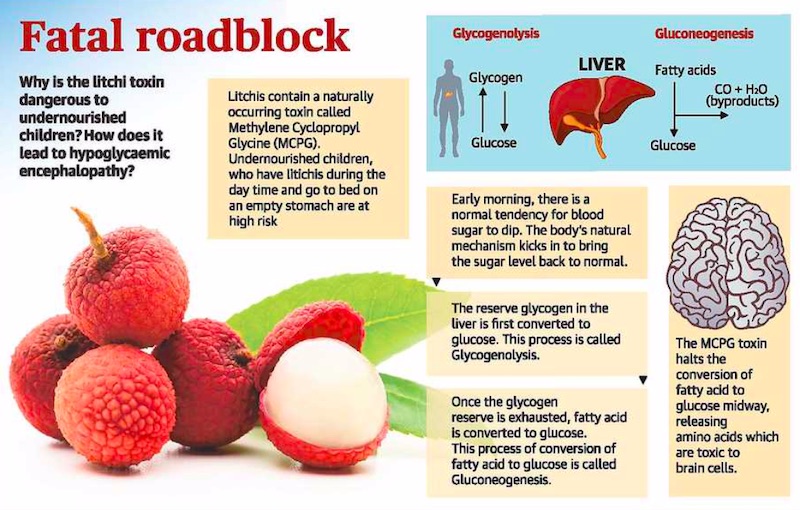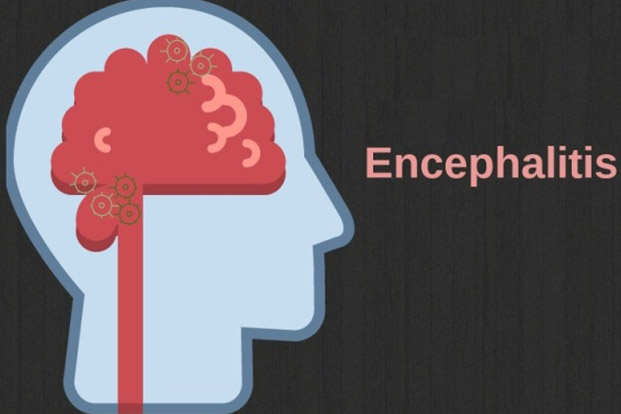
Encephalitis is inflammation of the brain. The inflammation causes the brain to swell. This leads to changes in a child's nervous system that can include confusion, changes in alertness, and seizures. Meningitis often happens at the same time as encephalitis. Meningitis is inflammation of the membranes that surround the brain and spinal cord. Both are serious and life-threatening and need to be looked at and treated right away.
What Causes Encephalitis?
What causes encephalitis in a child?
Researchers think that viruses are the main cause. Children are vaccinated against many viruses such as measles, mumps, rubella, and chickenpox. This has greatly lowered the rate of encephalitis from these diseases. But other viruses can cause it. These include herpes simplex virus, West Nile virus, and rabies. Encephalitis may happen after a viral illness. This may be an upper respiratory infection, or an illness that causes diarrhea, nausea, and vomiting.
Encephalitis can also happen after a bacterial infection such as Lyme disease, tuberculosis, or syphilis. It can also happen after an infection caused by parasites, such as toxoplasmosis.
Another cause is an autoimmune reaction. This is when the body's own immune system attacks the brain tissues. For example, an antibody made against a protein called an NMDA receptor may cause encephalitis. This may be triggered by a tumor.
Which children are at risk for encephalitis? A child is more at risk if he or she has any of the following:

Can litchi cause encephalitis in children?
No, eating litchi does not cause encephalitis in children. Recently, in India, acute encephalitis syndrome (AES) led to the deaths of more than 100 children. These deaths were caused due to hypoglycemia or low blood sugar levels that were triggered and aggravated by the consumption of litchi and sleeping in empty stomach. Litchi contains the toxin methylene cyclopropyl glycine (MCPG), which blocks the production of glucose by the liver. Therefore, its consumption on an empty stomach by malnourished children leads to fatal hypoglycemia. Litchi by itself does not cause encephalitis or death.
In encephalitis, the child is already low on glucose and depends on the emergency reserve which is further limited due to the consumption of litchi. Inadequate glucose in the brain impairs function and causes drowsiness, disorientation and even unconsciousness. Furthermore, hampered biochemical processes result in toxic amino acids that cause brain cells to swell. As a result, children may suffer from convulsions, deepening coma and even death.

08 Jun 2019

27 Apr 2019

29 Jan 2019

24 Jan 2019

15 Jan 2019